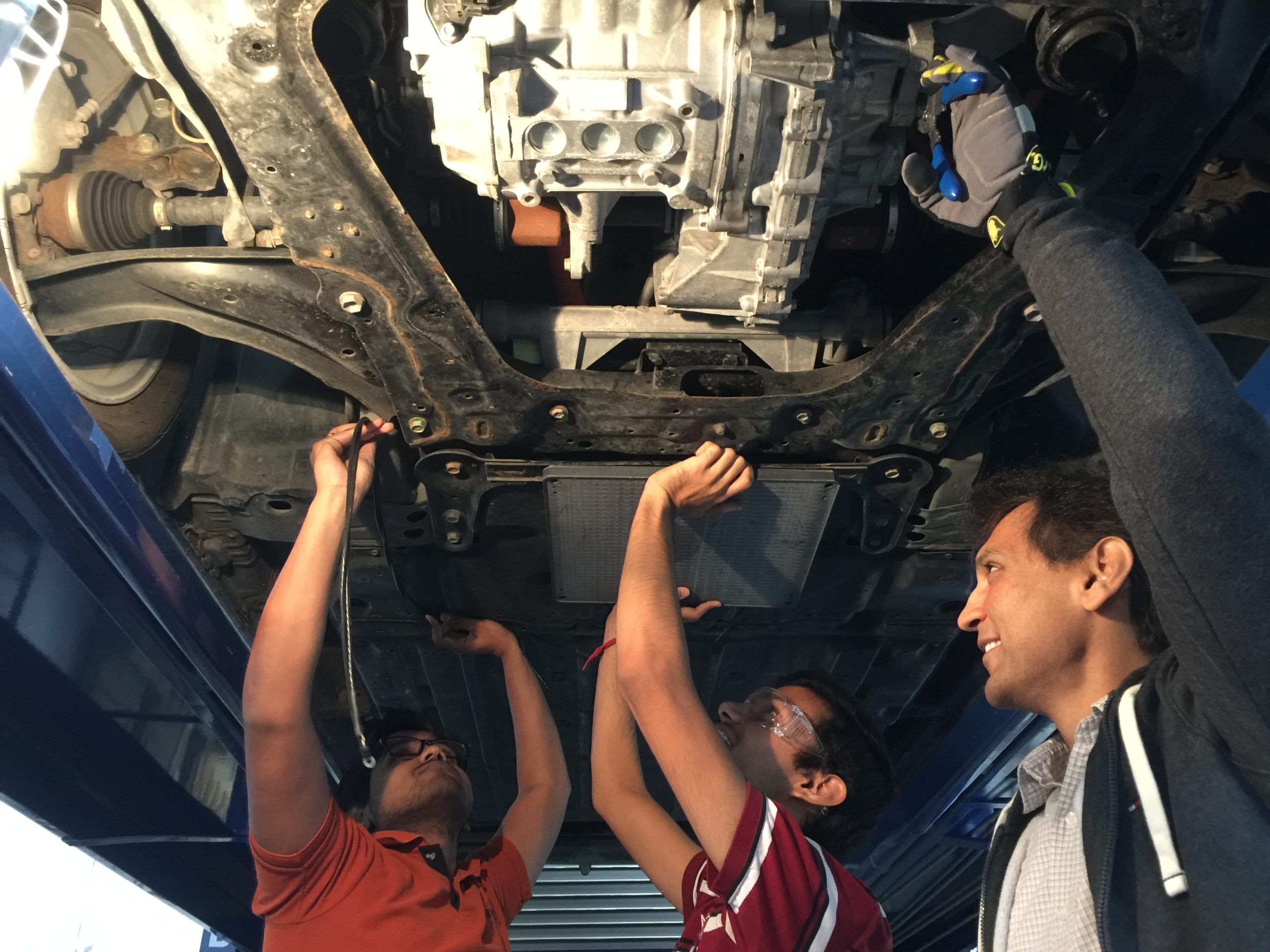It could take two whole weeks for a doctor to administer an STD test, ship off the samples, alert the patient of the results and get him back in for treatment. Biomeme wants to speed that process up.
The team behind the pocket-sized genetic test says it can process STD test results in under an hour, meaning that patients who need treatment could get it almost immediately, said Biomeme cofounder Jesse vanWestrienen. The tests are currently being piloted at Drexel and Penn.
But that’s just one way to use Biomeme’s product, a mix of hardware, software and lab science that lets people look at “the genetic world,” as vanWestrienen puts it. The founders, based at makerspace NextFab Studio, imagine a world where, with the help of Biomeme, mothers can test their children at home for strep throat, college students can do lab tests out in the field and runners can see how exercise has been affecting their body.

The vision, vanWestrienen said, is to lower the barrier to entry to this kind of science.
“We think that anybody can do this stuff,” said vanWestrienen, the lead biologist on the four-person team.
Traditionally, these genetic tests are done in a lab with equipment that costs about $10,000. Biomeme “shrinks [that equipment] down to a kit” that will eventually retail for about $1,000.
Watch a video about how Biomeme works below.
Biomeme, which came to Philadelphia from New Mexico last spring to participate in the DreamIt Health accelerator, plans to ship its first kits to early adopters this month, including a university in Australia, a company that wants to develop anti-counterfeit solutions with DNA and the U.S. Department of Defense, who hopes to use the product to monitor biothreats.
The startup has already raised $300,000 and is currently working toward closing a $1.2 million round, vanWestrienen said. One of their early supporters was Jared Tarbell, the cofounder of Etsy.
vanWestrienen and his cofounders, Max Perelman and Marc DeJohn, plan to continue building the business in Philadelphia, like many of their fellow DreamIt Health graduates.
Why? It’s easier to get funding here than in New Mexico, for one, said vanWestrienen, but he’s also attracted to the growing tech scene and the idea of not being “one of a gazillion” startups in Silicon Valley.
And, not to be understated: “It’s got that underdog appeal.”







